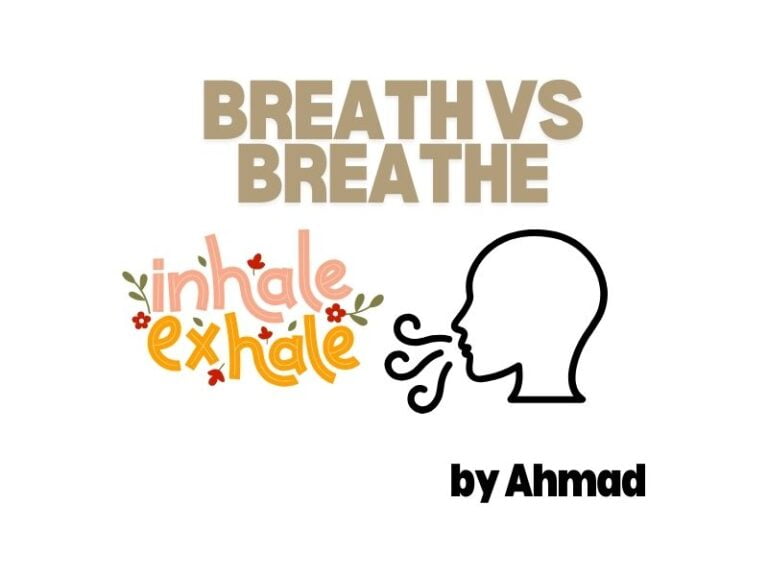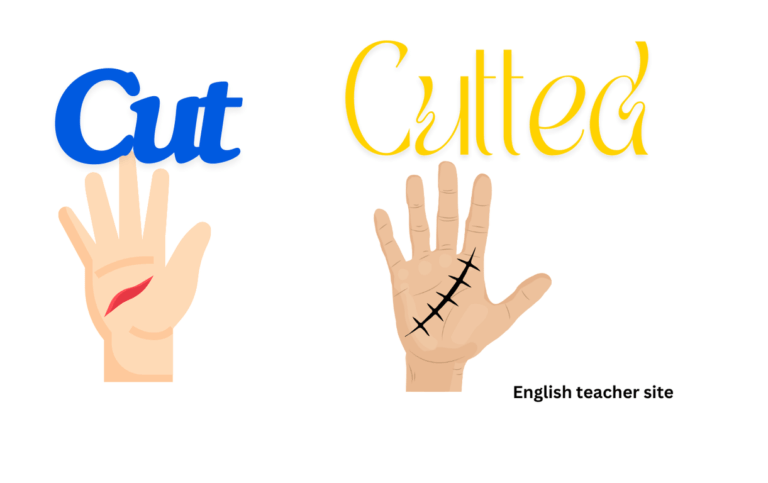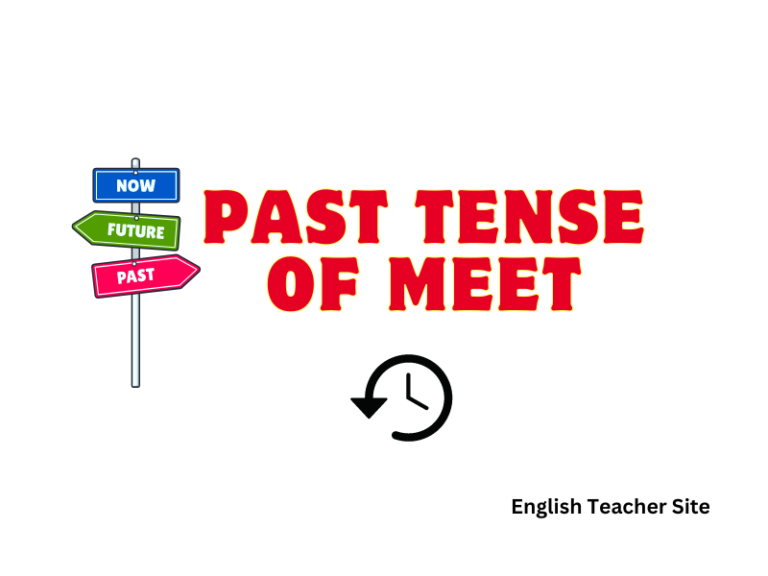Whats the Past Tense of Dream: Dreamed vs. Dreamt Explained

- Both “dreamed” and “dreamt” serve as the past tense forms of the verb “dream.”
- “Dreamed” is the regular past tense form and is more common in American English.
- “Dreamt” is the irregular form and preferred in British English.
On the other hand, “dreamt” is the irregular form of the past tense and follows a pattern seen in older or more traditional uses of English. This version is often seen in British English. While both “dreamed” and “dreamt” are correct, the usage can be region-specific and influenced by the style of the writer or speaker.
What’s the Past Tense of Dream? Dreamed or Dreamt?
The English language often presents a variety of forms for word conjugations, and the verb “dream” is no exception. In its past tense and past participle forms, “dream” can become either “dreamed” or “dreamt,” both of which are correct and used in different dialects.
Forms of the Verb “Dream”
Dream, as a verb, occurs in different forms depending on tense and usage. The present tense is simply “dream,” but the past tense and past participle can be either “dreamed” or “dreamt.”
| Present | Past Tense | Past Participle |
|---|---|---|
| dream | dreamed/dreamt | dreamed/dreamt |
Is Dream a Regular or Irregular Verb
“Dream” straddles the line between regular and irregular verbs. Regular verbs form their past simple and past participle by adding “-ed” or “-d” to the base form, leading to “dreamed.” Irregular verbs, however, change form completely or not at all; “dreamt” follows this pattern.
Dream (Present Tense) in Application:
In English, the present tense form “dream” is used to denote:
- Current aspirations: “She dreams of becoming a chef.”
- Present actions related to sleep: “He dreams every night.”
Dreamt/Dreamed (Past Tense) in Application:
While “dreamed” and “dreamt” can both represent the past tense, they are often utilized differently based on the dialect of English:
- General usage sees both forms acceptable with “dreamed” often favored in American English.
- “Dreamt” is more commonly seen in British English but is not exclusive to it.
Examples of both forms in a sentence might be:
- “She dreamed of visiting Paris one day.”
- “He dreamt about the test the night before.”
Dreamt/Dreamed (Past Participle) in Application:
As past participles, “dreamed” and “dreamt” might be used interchangeably:
- In perfect tenses: “She has dreamed of this moment.”
- As adjectives: “The dreamt-up fantasy was vivid.”
The Etymology of Dream:
The word “dream” has a rich linguistic history. Derived from the Old English “drēam,” which initially meant “joy” or “music,” the term evolved to its current meaning related to sleeping thoughts in the Middle Ages. “Dreamed” is the modern form, while “dreamt” retains a more archaic tone, thus reflecting the language’s evolution.
Source
My name is Khamis Maiouf. I am the creator of the English Teacher Site, dedicated to providing valuable resources and insights for students around the world. With a passion for education and a commitment to helping students enhance their skills, I aim to make English teaching more effective and enjoyable for both educators and students.






